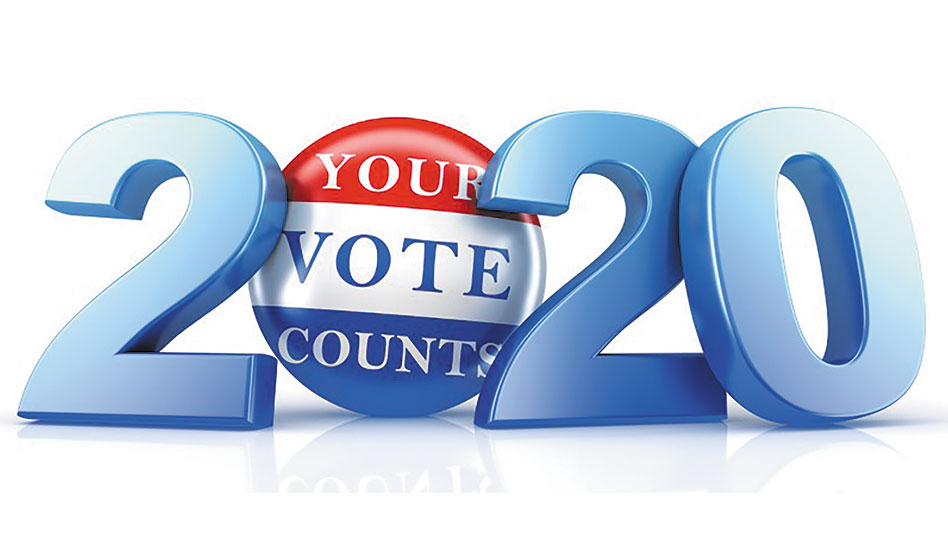17 candidates are on the ballot for president in the Texas Democratic Primary, and a variety of down-ballot nominees will be also chosen
DAVID TAFFET | Senior Staff Writer
taffet@dallasvoice.com
Tne third of delegates to the Democratic National Convention will be decided on Super Tuesday — March 3 — as voters in 13 states cast their ballots for presidential nominees as well as nominees in a number of down-ballot races.
South Carolina holds its primary Saturday, Feb. 29, and the outcome of that race may affect who many undecided voters, vote for on Super Tuesday.
Texas and California are among the states that will choose delegates on Tuesday. Three candidates’ home states are among the Super Tuesday contests — Minnesota, Amy Klobuchar; Vermont, Bernie Sanders; and Massachusetts, Elizabeth Warren.
In Texas, early voting has been going on for two weeks. During the first week of early voting, 40,000 more Democrats voted than Republicans. Since early voting started in Texas, turnout in the Democratic primary is up in each of the 10 largest counties compared to 2016, but down compared to voting in 2008, the year Barack Obama was first nominated.
In Denton and Collin counties, both traditionally red counties, Democratic voting is double this year compared to 2016. In purple Tarrant County, voting is up by about 50 percent compared to four years ago, and in blue Dallas County, voting is up by about a third.
On the Republican side, voting is down by about 2,000 votes in Dallas County and by more than 2,000 votes in Tarrant County. Collin and Denton counties both show an increase over 2016, but by only a few hundred votes each. In both counties, more Republicans voted than Democrats.
 The good news, though, is that the so-called “Texas Two-Step” is long gone. Texans used to go to the polls on primary day to vote for candidates on the ballot, but delegates were selected that evening at caucuses. The caucus portion is gone from the process.
The good news, though, is that the so-called “Texas Two-Step” is long gone. Texans used to go to the polls on primary day to vote for candidates on the ballot, but delegates were selected that evening at caucuses. The caucus portion is gone from the process.
Today, candidates need to get at least 15 percent of the vote in Texas to get delegates. Theoretically, up to six candidates could receive delegates in Texas.
Because candidates had to sign up in December, 17 names appear on the presidential ballot. Should Andrew Yang or Cory Booker receive enough votes in the primary, they would get delegates. And because of the way ballot position is randomly chosen, Michael Bennet, who has withdrawn from the race, is in the top position, while Bernie Sanders, Elizabeth Warren and Tom Steyer, who are all still in the race and all appeared in this week’s debate, are toward the bottom.
On the Republican side, seven names will appear on the ballot, including that of Donald Trump. The only other two on all or most other state ballots are Joe Walsh and Bill Weld.
Texas holds open primaries. That means when voters go to the polls, they decide then which ballot to vote — either Republican or Democratic. The number of delegates chosen will be decided on primary day, but who those delegates will be are decided at state conventions, which draw delegates from senatorial district conventions.
The Texas Democratic Convention will be June 4-6 in San Antonio, and the national Democratic Convention will be July 13-16 in Milwaukee. The Texas GOP Convention will be May 14-16 in Houston, and the Republican National Convention will held Aug. 24-27 in Charlotte.
A number of down-ballot nominees — including those for U.S. Senate, U.S. House, the Texas House, judicial seats and some local races depending on precinct — will be on the ballot. In most counties, on primary day, voters must go to their local precinct. In Dallas County, voters may vote at any polling location.













